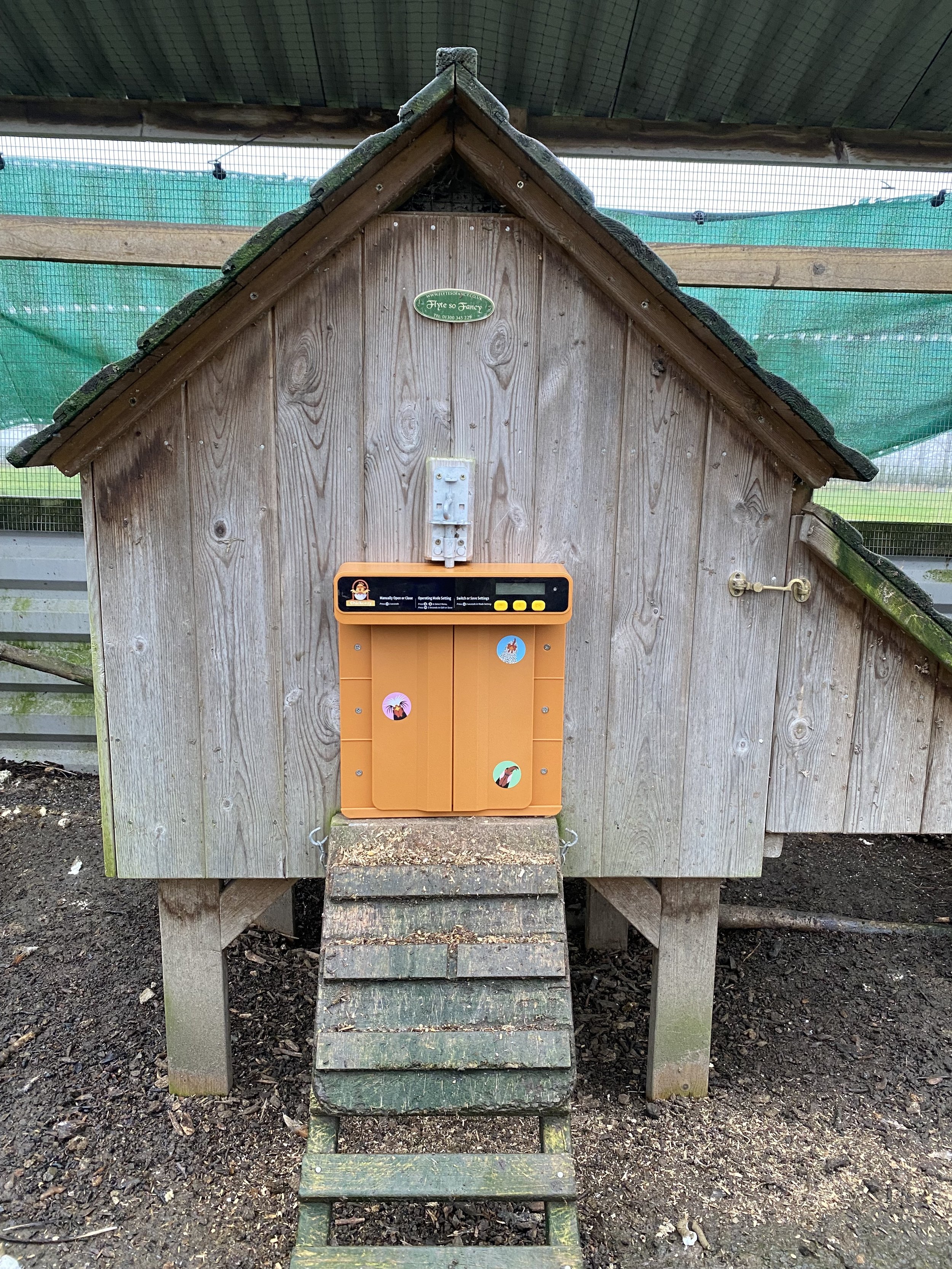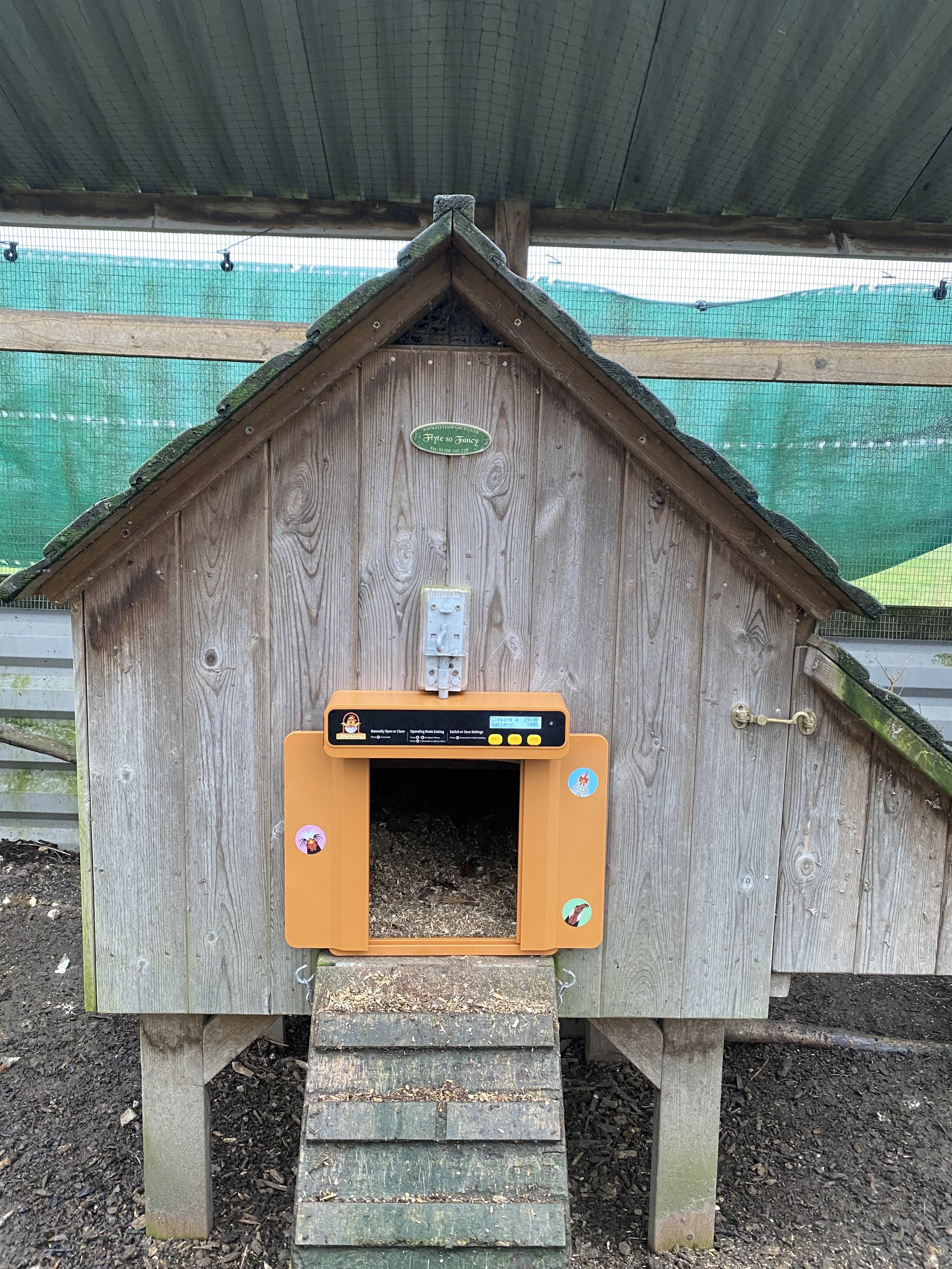At first glance, the label “free-range” sounds straightforward—hens roaming outside, clucking contentedly, eggs from happy birds. But as any conscientious poultry farmer knows, the reality is more complex. Here’s a deep dive into what “free-range” means legally in the UK, how a farm might implement it in practice, and (most importantly) why it matters for bird welfare and egg quality.
What Does “Free-Range” Actually Mean (Legally)
In the UK, “free-range” for laying hens and for meat-poultry is governed by marketing standards and welfare legislation. These rules set minimums—but they are only part of the story.
For laying hens / eggs
Under the relevant EU/UK egg-marketing regulations:
Hens must have continuous daytime access to open-air runs (except when temporarily housed e.g., due to bird-flu restrictions).
The runs must be mainly covered with vegetation.
There is a maximum stocking density for the outdoor runs: one hectare per 2,500 hens (equivalent to 4 m² per hen) when fully out.
Housing conditions inside must meet the barn system standards: e.g., max 9 hens per m² of usable area in some systems.
The distinctive code on the egg (e.g., “1-UK-1234-56”) indicates “free range” status (the first digit “1” for free-range eggs from the UK).
For meat-poultry labelled “free-range”
On the meat side, the Department for Environment, Food & Rural Affairs (DEFRA) guidance says:
Chickens (for meat) labelled “free range” must have continuous daytime access to open-air runs (vegetation required) and meet specified stocking/age standards.
If birds are housed because of a disease-control zone (e.g., bird flu), the “free range” status may be maintained for up to 12 weeks from the date of housing; after that they must be marketed differently.
Important caveats
“Free range” sets a minimum standard. It does not guarantee large outdoor space or that all birds actually spend time outdoors. The runs may be limited. As a commentary put it: “free-range lacks consistent regulations”.
During periods of disease control (e.g., avian flu), birds might have to be kept indoors—even free-range flocks.
Additional certification schemes (e.g., RSPCA Assured) go beyond legal minimums.
How We Implement Free-Range Farming on Our UK Poultry Farm
As a farm committed to high standards, we don’t simply tick the legal boxes—we aim to make free-range mean something meaningful. Here’s how we do it:
Outdoor access from day-light onwards
Our laying hens have pop-holes (doors) open each morning (weather permitting) into vegetable-covered runs, allowing them natural foraging, scratching, dust-bathing. We monitor that most birds make use of the range—not just the first few at the doors.Reasonable range space & rotation
While the legal minimum is approx. 4 m² per hen for the outdoor area, we aim for significantly more, and we rotate poultry runs to allow the vegetation to recover and to reduce parasite and disease build-up in the soil. This helps welfare and range quality.Indoor comfort and enrichment
Inside the house the birds have perches, nest-boxes, litter for scratching and dust bathing. We ensure stocking densities have some buffer under the legal maximum. Clean, dry litter, good ventilation, natural daylight (where possible) are high priorities.Feed, welfare, monitoring
We provide a balanced layers’ feed, but we also encourage natural forage (on the range). We monitor bird health, behaviour (pecking, feather condition, activity levels), predator risks, weather impacts, and make adjustments accordingly. For example, on very wet or icy days we enhance shelter and ensure the outdoor range remains safe.Contingency for disease control
In case of a bird-flu restriction or other statutory housing order, we follow the legal requirement of housing the birds. We then clearly communicate to customers if “free-range” access was temporarily suspended. The integrity of the farm brand is paramount.
Why It Matters: Welfare & Egg Quality
Why go through all this effort? Because “free-range” done well does make a difference—for the birds, for the land, and for the egg on the plate.
Welfare benefits
Natural behaviour: Hens in proper free‐range systems can forage, scratch, dust-bathe, roam a bit, perch. These behaviours aren’t possible in tightly confined systems. That contributes to better mental and physical welfare.
Less stress, better health: Outdoor access helps reduce leg-weakness, improves bone strength (birds move more), may reduce some behavioural problems that come from severely restricted systems.
Better environment: If the range is managed (vegetation, shelter, rotation), birds have a more stimulating environment instead of a bare yard or overcrowded shed.
Impacts on egg quality
Diet variation: Birds that forage may pick up insects, seeds, greens which add variety to their diet. That can influence yolk colour, taste and potentially nutrient profile (though it’s not a guarantee).
Freshness & traceability: On farm direct sales (or local markets) of genuine free-range eggs often mean you’re getting fresher product and you know a bit more about where it came from.
Final Thoughts
“Free-range” in the UK isn’t just a marketing buzz‐phrase—it is defined by law, and many farms go beyond that minimum. But as a poultry farmer you owe it to your birds and your customers to implement it honestly and with integrity. For the consumer, knowing what “free-range” truly means—and asking questions—makes all the difference.
If you’re a keeper, buyer or simply curious: check the batch code, ask the producer for range photos, visit if possible, and look for additional welfare-certified labels if you want extra assurance.
And for our part, on our farm we’re committed to “free-range” being more than words—it’s our standards, our birds’ daily life, and your peace of mind.


















